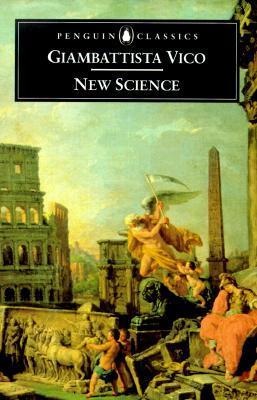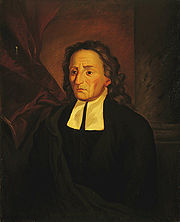
New Science
1725
First Published
3.99
Average Rating
508
Number of Pages
Barely acknowledged in his lifetime, the New Science of Giambattista Vico (1668-1744) is an astonishingly perceptive and ambitious attempt to decipher the history, mythology and laws of the ancient world. Discarding the Renaissance notion of the classical as an idealised model for the modern, it argues that the key to true understanding of the past lies in accepting that the customs and emotional lives of ancient Greeks and Romans, Egyptians, Jews and Babylonians were radically different from our own. Along the way, Vico explores a huge variety of topics, ranging from physics to poetics, money to monsters, and family structures to the Flood. Marking a crucial turning-point in humanist thinking, New Science has remained deeply influential since the dawn of Romanticism, inspiring the work of Karl Marx and even influencing the framework for Joyce’s Finnegan’s Wake.
Avg Rating
3.99
Number of Ratings
930
5 STARS
38%
4 STARS
34%
3 STARS
21%
2 STARS
6%
1 STARS
2%
goodreads
Author

Giambattista Vico
Author · 6 books
Giovanni Battista (Giambattista) Vico or Vigo was an Italian political philosopher, rhetorician, historian, and jurist. A critic of modern rationalism and apologist of classical antiquity, Vico's magnum opus is titled "Principles/Origins of [re]New[ed] Science about the Common Nature of Nations" (Principi di Scienza Nuova d'intorno alla Comune Natura delle Nazioni). The work is explicitly presented as a "Science of reasoning" (Scienza di ragionare), and includes a dialectic between axioms (authoritative maxims) and "reasonings" (ragionamenti) linking and clarifying the axioms. Vico is often claimed to have inaugurated modern philosophy of history, although the expression is alien from Vico's text (Vico speaks of a "history of philosophy narrated philosophically"). He is otherwise well-known for noting that verum esse ipsum factum ("true itself is fact" or "the true itself is made"), a proposition that has been read as an early instance of constructivist epistemology. Overall, the contemporary interest in Vico has been driven by peculiarly historicist interests as expressed most notably by Isaiah Berlin, Tagliacozzo, Verene, and Hayden White.